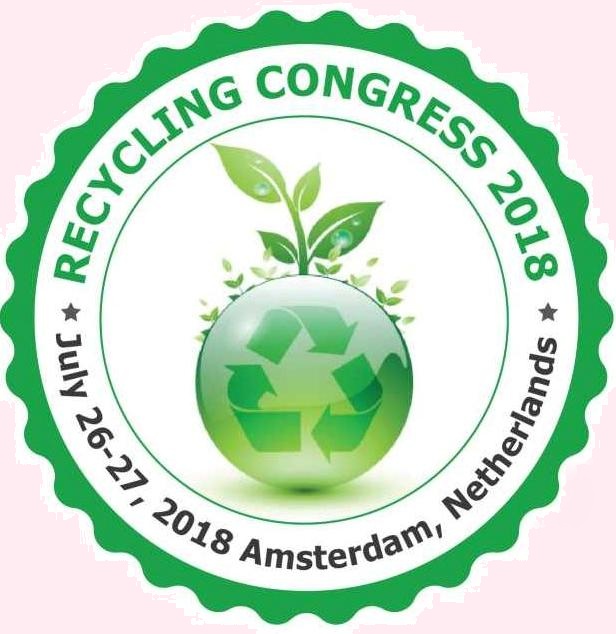
Szabolcs Fogarasi
BabeÅŸ-Bolyai University, Romania
Title: Electrochemical processing of different material fractions obtained from waste printed circuit boards
Biography
Biography: Szabolcs Fogarasi
Abstract
Many of the developed recycling technologies are focusing only on the recovery of materials with high economic potential without offering a global solution for the treatment of Waste Printed Circuit Boards (WPCBs). Besides the economic potential, the priority of material recovery from WPCBs needs to consider the eco-toxicity of the components. Sensitivity analyses clearly indicate that, due to the high concentration, Cu accounts for the highest percentage of total toxicity points per ton of WPCBs (59.4%), followed by Pb (12.4%), which ranks as second most toxic material on the priority list of hazardous substances. Still, many recycling technologies neglect the environmental aspects and target only the recovery of precious metals from the electronic components found in WPCBs, leaving behind unprocessed WPCB parts such as Sn-Pb alloys and WPCBBs (Waste Printed Circuit Base Boards = electronic component free WPCBs).The present study proposes innovative and eco-friendly technological solution for the recovery of Cu from WPCBBs and for the selective processing of Sn-Pb alloys. The impact of several operating parameter’s (current density, flow rate, etc.) on the most important technical key performance indicators has been evaluated. In contrast to other e-waste treatment technologies, the developed process allow the regeneration of the leaching solution with the concomitant electro winning of metals, reducing significantly the use of auxiliary materials and the amount of new reagents fed to the process. As an overall conclusion it can be stated that the developed electrochemical processes are both efficient and environmental friendly as well.

